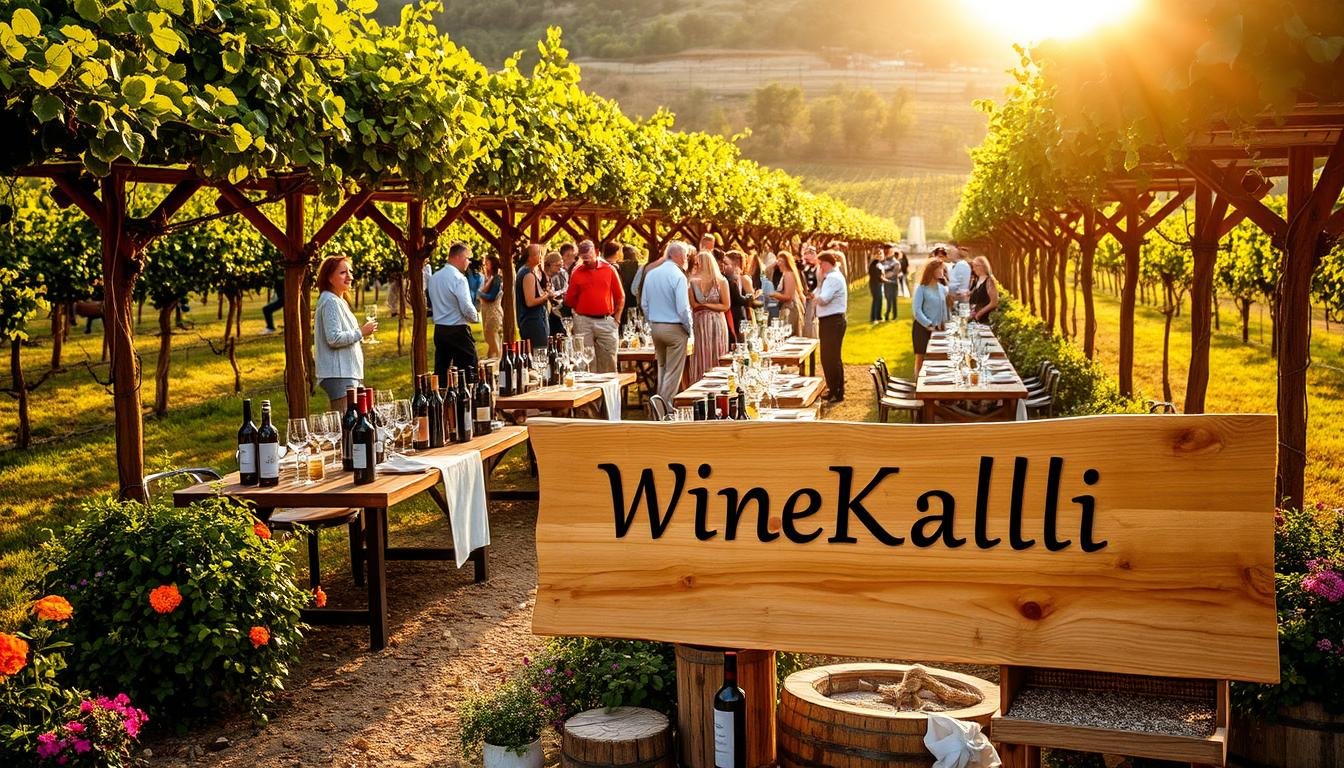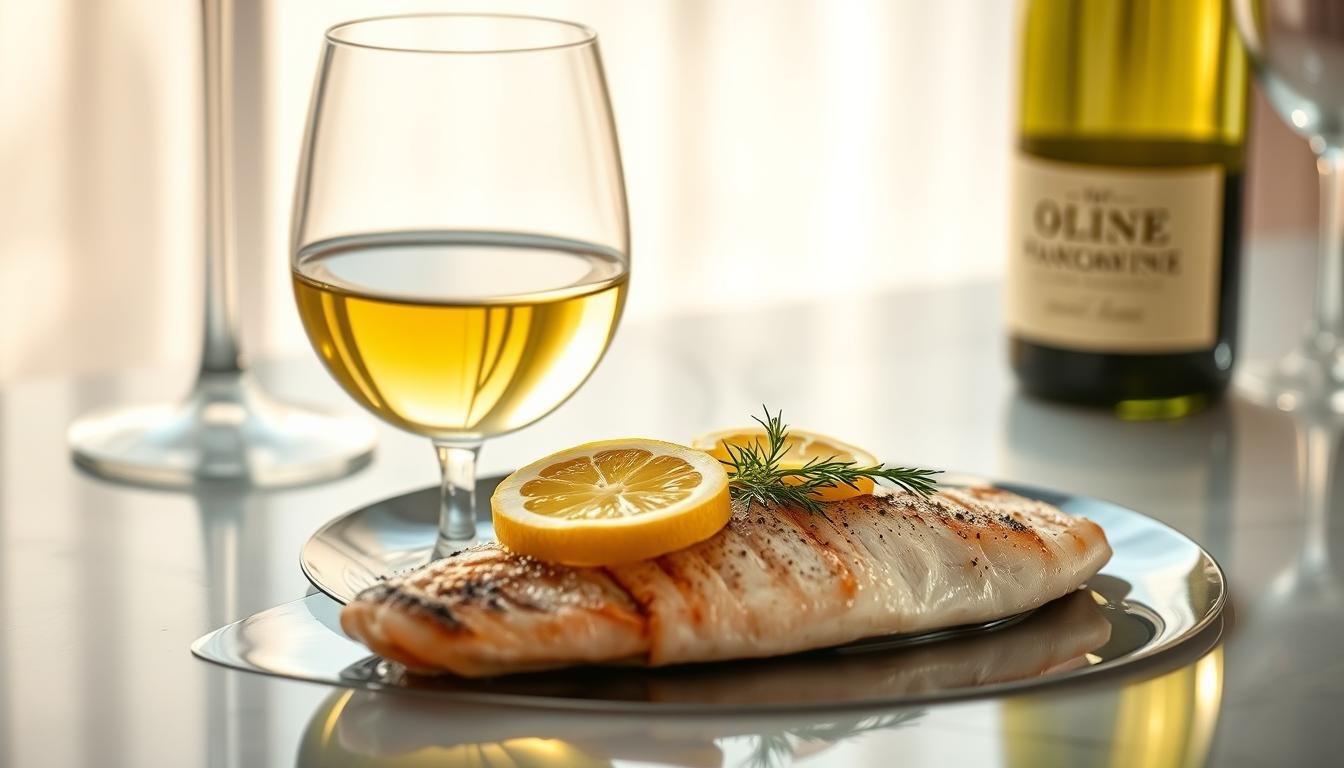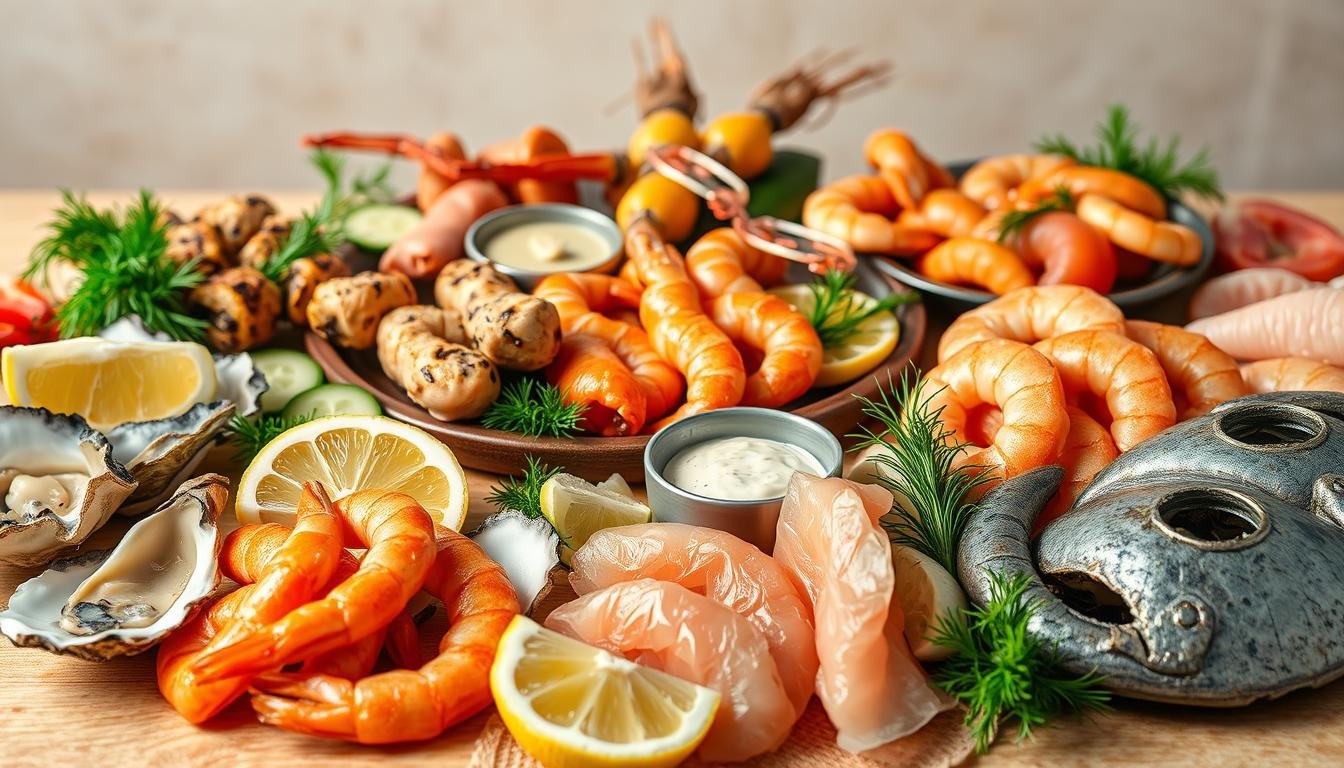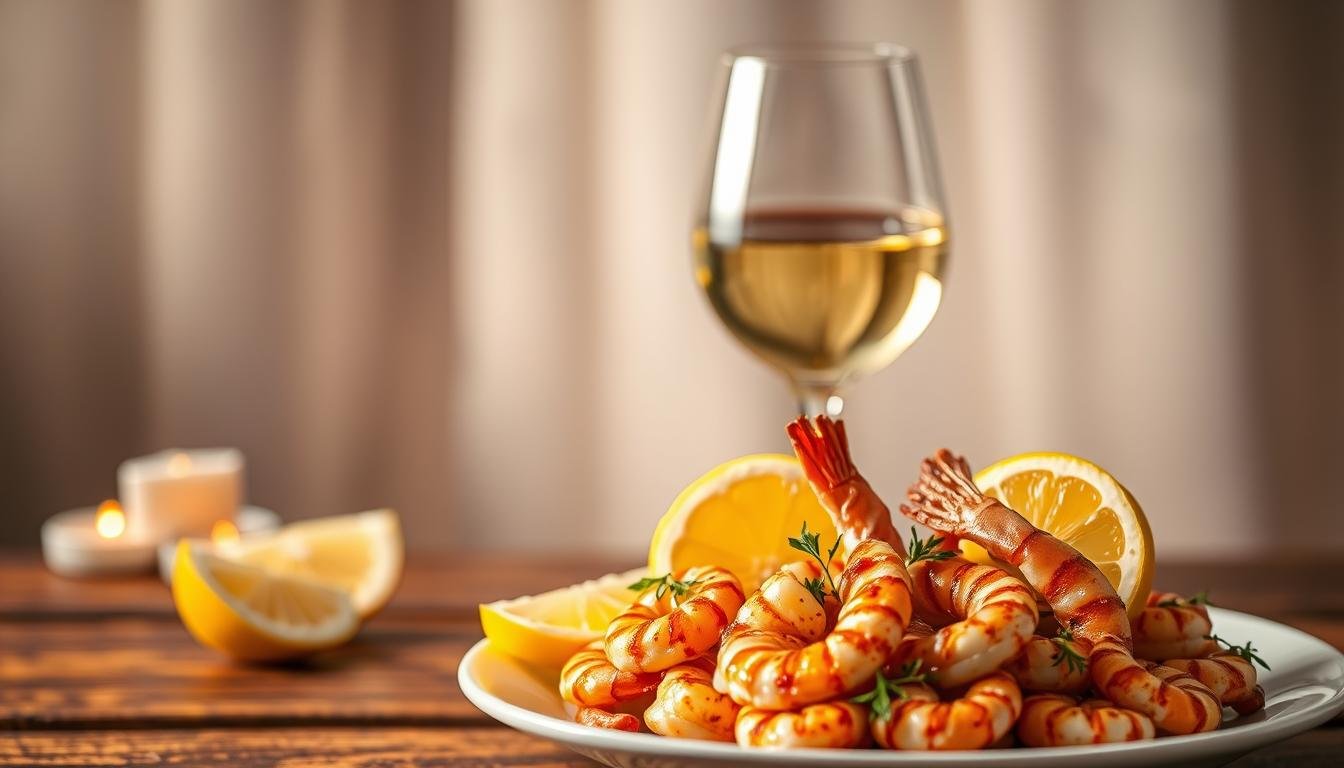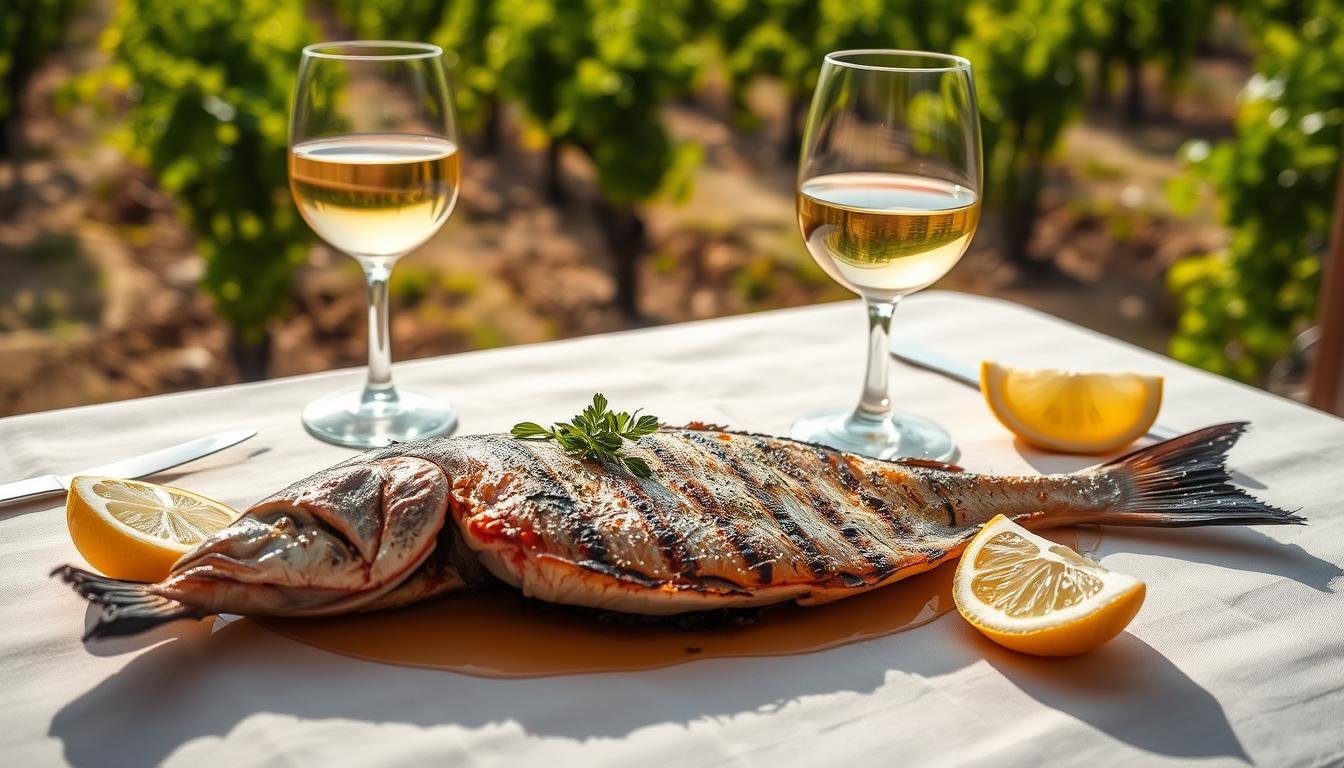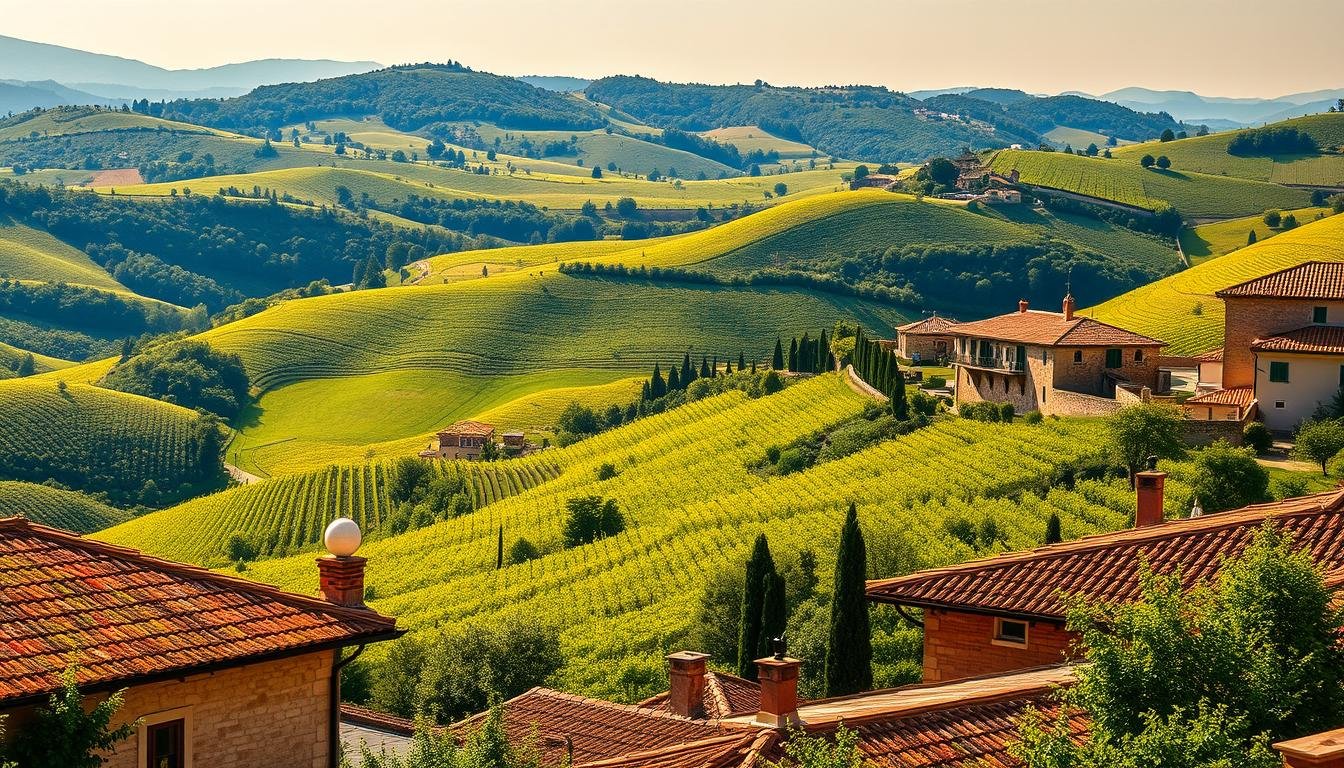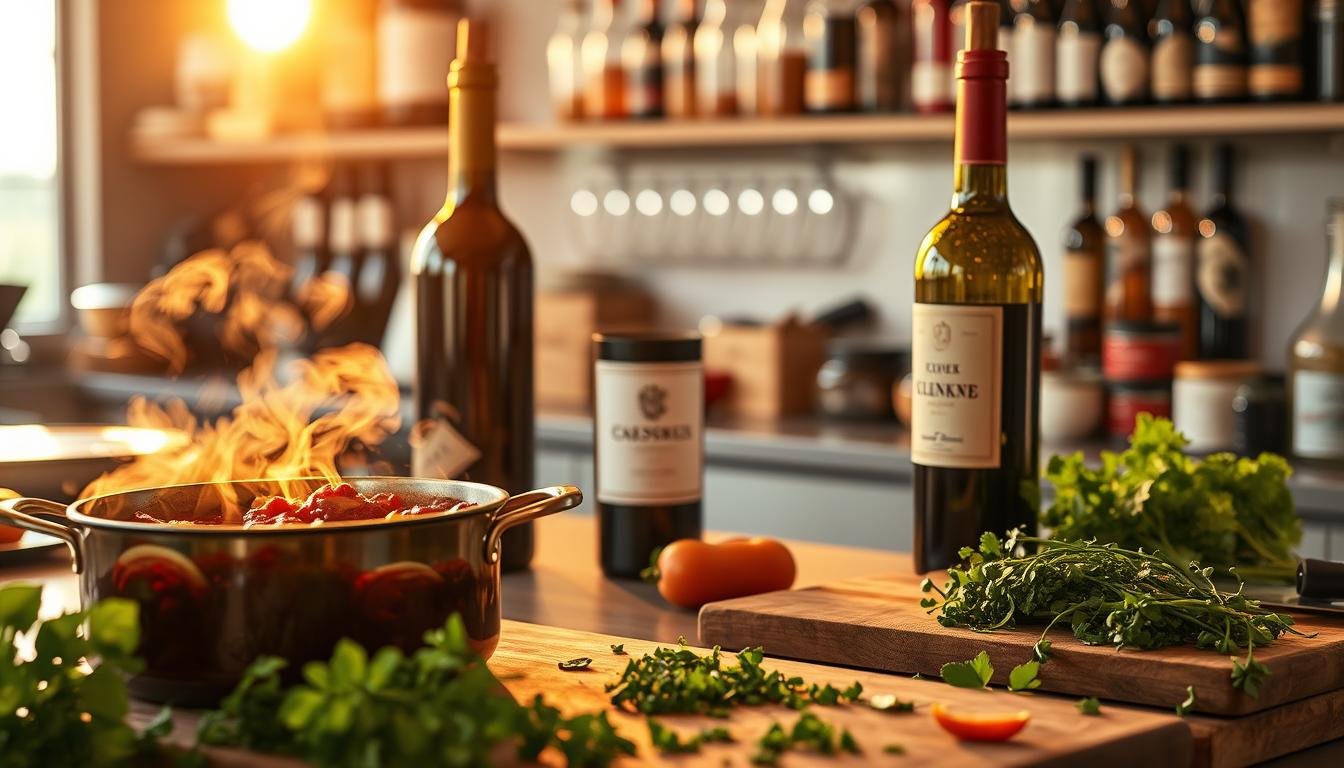Planning a successful wine event needs careful thought. You must consider the event type, venue, guest list, and wine selection. Hosting or attending a wine tasting event is a great chance to learn about different wines. It’s a fun way to meet others who love wine as much as you do.
Planning a wine event can seem tough, whether you’re a wine lover or a pro. There are many things to think about. But with the right advice, you can make your event memorable and fun. Think about wine and food pairings and how to make your space welcoming.
Introduction to Wine Events
Wine events and tastings are getting more popular. They’re a great way to try new wines and meet people with similar interests. With good planning, you can make your event a hit, whether it’s small or big.
Key Takeaways
- Plan carefully to ensure a successful wine event or wine tasting event
- Consider the type of event, venue, guest list, and wine selection
- Wine events and wine tasting events provide a unique opportunity to explore different styles, regions, and varietals
- Creating an inviting atmosphere is crucial for a memorable and enjoyable experience
- Wine and food pairing can enhance the overall experience of a wine event or a wine tasting event
- Understanding your guests’ preferences is key to planning a successful wine event or wine tasting event
- Planning a wine event or a wine tasting event requires attention to detail and a focus on creating a memorable experience
Importance of Wine Events in Social Settings
Wine events are now a big part of social gatherings. They offer a chance for people to meet and share their love for wine. With more winery events and wine festivals, wine tastings have become very popular in the U.S. Many places have seen a 25% increase in attendees over the last five years.
About 60% of wine lovers in the U.S. go to these events to connect and build community. These gatherings not only unite people but also teach them about different wines. This knowledge makes their social experiences better. In fact, 70% of those who go to wine tastings say it’s a key part of their social life.
- Building community and connections among wine enthusiasts
- Enhancing culinary experiences through wine and food pairings
- Creating memorable moments and social experiences
Going to winery events and wine festivals helps people learn more about wine. It lets them meet others with the same interests and enjoy a special social experience. As more people want to attend these events, it’s clear they’re important for social gatherings. They give people a place to come together and share their love for wine.
Types of Wine Events You Can Host
Hosting wine events can be fun and varied. You can pick from virtual wine events or local wine events. Options include wine tastings, pairing dinners, and educational workshops. Each offers a unique experience for your guests.
A wine tasting event is perfect for introducing new wines. Pairing dinners let you explore wine and food pairing. Educational workshops teach about wine production and pairing. You can customize these events to fit your needs, whether it’s a small gathering or a big event.
- Wine and cheese pairings
- Wine and chocolate tastings
- Blind wine tastings
- Wine and food pairing dinners
These events can be held in many places, like wineries, restaurants, homes, or event spaces. Hosting a wine event can make your guests’ experience memorable. It’s also a chance to learn about and enjoy wine.
When planning, think about the event type, guest number, and desired formality. You might also consider local wine events or virtual wine events. With creativity and planning, you can host a memorable wine event that your guests will cherish.
Selecting the Perfect Venue for Your Event
Choosing the right venue is key for a successful wine event. You need a place that fits your guests, has the right amenities, and leaves a lasting impression. For wine tasting tours, the venue should be classy and show off the wines well.
Think about the ambiance, how easy it is to get to, and what it offers. Indoor spots can be cozy, while outdoor areas can be scenic. Make sure the venue can hold all your guests.
Here are some options for your wine events:
- Wineries and vineyards
- Wine bars and restaurants
- Event spaces with wine tasting facilities
Pick a venue that fits your event’s goals and will impress your guests. With the right spot, your wine events will be a hit.
| Venue Type | Capacity | Amenities |
|---|---|---|
| Wineries and vineyards | Up to 170 guests | Wine tasting facilities, catering, parking |
| Wine bars and restaurants | Up to 100 guests | Wine list, catering, music |
| Event spaces | Up to 500 guests | Wine tasting facilities, catering, audio-visual equipment |
Choosing the Right Wines for Your Event
Choosing the right wines is key to a successful wine and food event. With many options, picking the perfect wines can be tough. Think about the event type, guest list, and menu to help.
For a corporate dinner, aim for half a bottle of red and white wine per person. At a reception or toast, plan for more than one glass per person. Non-vintage sparkling wine should be served at 6-8°C, while vintage sparkling wine and Champagne should be a bit warmer.
Some popular wines for events include:
- Cabernet Sauvignon
- Chardonnay
- Meritage
- Sauvignon Blanc
These wines are favorites and pair well with many dishes. They’re great for wine and food events.
Temperature and glassware are also key. Lighter-bodied white wines should be cooler, 7-13°C. Fuller-bodied whites are best at slightly warmer temperatures in the same range. Red wines are served between 12-18°C. Lighter reds like Pinot Noir are best at 12-14°C, while fuller-bodied reds are served at 16-18°C.
| Wine Type | Serving Temperature | Glassware |
|---|---|---|
| Sparkling Wine | 6-8°C | Champagne Flute or White Wine Glass |
| White Wine | 7-13°C | White Wine Glass |
| Red Wine | 12-18°C | Bordeaux Glass or Burgundy Glass |
By thinking about these factors and choosing the right wines, you can make your event memorable and fun for your guests.
Creating an Inviting Atmosphere
Creating a welcoming atmosphere is key for wine events and festivals. Details like décor, lighting, and music play a big role. Warm lighting and soft music can make guests feel cozy and at ease.
To make the atmosphere even better, think about what guests can see, smell, and taste. Decorative centerpieces, candles, or fresh flowers can make the setting beautiful. Also, offering a variety of wines and food pairings can make the event more fun and memorable.
Here are some more tips for a great atmosphere at wine events or festivals:
- Make sure there’s comfy seating, like cozy nooks or big tables, for guests to chat.
- Use the right glassware for each wine to improve the tasting experience.
- Give guests palate cleansers between wines to refresh their taste buds and enjoy the next wine more.
By focusing on these details, you can make your wine event or festival a hit. It will leave a wonderful impression on your guests.
Planning a Memorable Wine Tasting Experience
When planning wine tasting events, think about what you want your guests to experience. Choose a variety of wines and provide educational materials. Make sure the atmosphere is comfortable. Hosting events at wineries lets guests learn about winemaking and taste different wines.
To make your events more fun, offer guided tastings. A sommelier or wine educator can share interesting facts about each wine. You can also add activities like wine trivia and quizzes to make it competitive. Pairing wines with food can also be a hit, catering to different tastes and enhancing the experience.
Some important things to think about when planning wine tasting events include:
- Sample sizes and format
- Guided vs. independent tastings
- Engaging guest participation
By focusing on these elements, you can create a memorable experience for your guests at winery events.
| Wine Tasting Element | Description |
|---|---|
| Sample Sizes | Offering small samples of each wine to allow guests to taste and compare |
| Guided Tastings | Providing a sommelier or wine educator to guide guests through the tasting experience |
| Guest Participation | Encouraging guests to participate in activities, such as wine trivia and quizzes, to enhance the experience |
Marketing Your Wine Event Effectively
Planning a wine event, whether online or in-person, needs good marketing. You aim to draw the right crowd and make your event popular. Social media, email, and local partnerships offer many ways to promote.
Marketing your event well is key. Wineries should spend about 7-8% of their income on marketing. This helps keep them seen in the market. Paid ads on social media, like Meta, are very effective. Even a small budget can get your message out to many people.
- Use Instagram and Facebook for their big user bases and ad targeting.
- Work with local businesses to reach more people and build excitement.
- Send out emails to subscribers with special deals and event info.
These strategies can help make your event known and attract the right people. This way, your virtual or local wine events will be a hit.
Enhancing Your Event with Food Pairings
Wine and food events, like wine festivals, are perfect for trying new pairings. Choose dishes that complement the wine’s flavors. For instance, a creamy dish pairs well with a crisp Pinot Grigio.
Deciding between catering or a potluck can also make a big difference. Catering lets you have a menu made just for the wine. A potluck, however, makes it fun for guests to try different pairings.
Don’t forget about dietary needs when planning your event. Offer gluten-free, vegan, or vegetarian options for guests with restrictions. This way, everyone can enjoy the experience.
Here are some popular pairing ideas:
- Red wines with hearty dishes, such as beef or lamb
- White wines with lighter dishes, such as chicken or fish
- Sweet wines with salty or spicy dishes
Knowing about different pairings and considering your guests’ needs can make your event special. It ensures everyone has a great time at your wine and food events, including wine festivals.
Managing Budget and Costs
When planning wine events, managing your budget is key. You need to estimate costs, find sponsors, and track orders. For wine tasting tours, think about wine costs, venue rental, and staff. A good budget keeps you on track and makes your event a hit.
To figure out costs, think about guest numbers, wine choices, and venue fees. Look for sponsorships with local businesses to cut costs. For wine events, team up with a catering service for food. This makes your event more memorable and fun.
Keeping track of orders is vital for a smooth event. Use a reservation system for bookings and sales tracking. This keeps you organized and ensures your events are popular. With smart budgeting, you’ll give your guests a great time.
| Expense Category | Estimated Cost |
|---|---|
| Venue Rental | $1,000 – $3,000 |
| Wine Selection | $500 – $1,000 |
| Staffing | $1,000 – $2,000 |
Engaging with Your Guests
Hosting wine festivals or wine and food events means making sure your guests have a great time. To do this, add fun activities and games that get everyone involved. Try a blind tasting challenge or a wine trivia quiz to keep things lively.
Offering a variety of wines, like red, white, and sparkling, meets different tastes. Tasting cards and snacks can make the experience even better. Soft lighting and music that’s not too loud help create a cozy atmosphere.
Some important things to think about include:
- Offering a mix of red, white, and sparkling wines to cater to different tastes
- Providing tasting cards and snacks to enhance the tasting experience
- Creating a warm and inviting atmosphere with soft lighting and music
By adding these touches, you’ll make your wine festivals or events memorable. Don’t forget to give guests something to take home, like a small bottle of wine or a tasting notebook. This will make them happy to come back.
Studies show that guests who are engaged during tastings are very happy, with over 85% satisfaction. Talking about the wines can make people more social, increasing interaction by up to 40%. Follow these tips to host a wine event that your guests will always remember.
| Event Element | Percentage of Guest Satisfaction |
|---|---|
| Interactive Activities | 85% |
| Wine Trivia and Quizzes | 80% |
| Food Pairings | 75% |
Following Up After the Event
After a successful wine event, it’s key to follow up with guests. This helps build future relationships and leaves a lasting impression. You can do this with personalized thank-you notes, emails, sharing event highlights, and engaging on social media.
Timing is crucial for wine events. Send follow-up emails within 24-48 hours to keep the excitement alive. Share photos and videos from the event and give more info on the featured wines.
Building Future Relationships
Following up after a wine tasting event builds trust and shows you care. This can boost your brand and lead to new partnerships. You can also use event data to make future events better and more personal for guests.
Being personal and engaging is the secret to a great follow-up. Use the data you’ve collected to make your messages more relevant and valuable. With the right approach, your wine events can help grow your business and build strong relationships.

